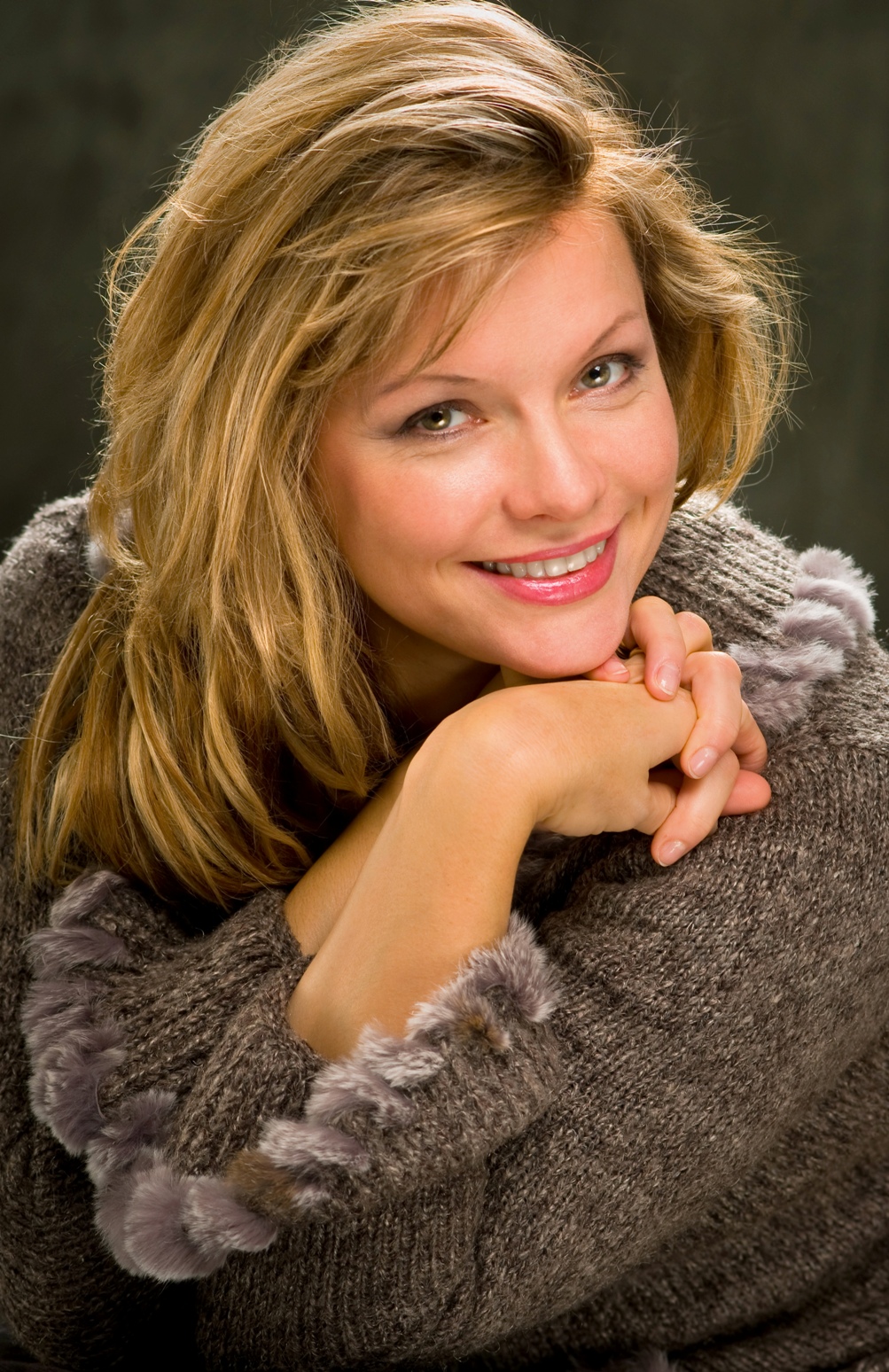What, another review of an LPO/Jurowski concert in less than a week? Reasoning the need, it only has to be said that other orchestras may kick off their seasons by mixing the unfamiliar with core repertoire, but none would dare launch with not one but two programmes featuring this only-connect kind of singularity (and more to come in the “War and Peace” series next week). Last night the known quantity of Rachmaninov’s masterly choral symphony The Bells looked back to less familiar fare which shared two of its themes: the sounds of some very unorthodox tintinnabulations and the Russification of Edgar Allen Poe.
So we had two Russian works composed before the Revolution, catching the sometimes heady whiff of dissolution in the air, and two from after the Second World War, freeze-framing the cataclysm to varying degrees. These were the collage-y mood musics of Rodion Shchedrin’s Second Concerto for Orchestra (The Chimes) and Edison Denisov’s Bells in the Fog. Both began on the cusp of silence, fastidiously voiced by LPO strings and brass. Yet while Shchedrin’s apocalypse built up more of a strident momentum on the way to its final, rather muted gunshot, Denisov’s pointillism held the ear more in thrall to its delicate bellsongs, with Webern-inspired pinpricks of sound giving way after the briefest of uprisings to a couple of surprising high major chords.
Jurowski kept what I suspect are rather clotted textures helpfully clear and occasionally striking
These were UK premieres. So, more surprisingly, 101 years after its first performance, was the preaching of the “symphonic parable” Silentium by that saturnine late-romantic bridge between Rachmaninov and Prokofiev, Nikolay Myaskovsky. The programme booklet helpfully gave its source, Edgar Allan Poe’s fable, in full, and while we might smirk at its rodomontade, the lesson – as Jurowski pointed out in conversation afterwards – is especially pertinent in our noise-filled world: man can endure everything the Devil throws at him except silence.
Myaskovsky represents it, paradoxically, with more of his low-register descents after a reasonably effective storm. There’s reluctant fascination to be had here over 20 minutes’ worth of minor-key music without a single glimmer of light. The material isn’t exactly inspired, and could be expressed in half the time, but Jurowski kept what I suspect are rather clotted textures helpfully clear and occasionally striking.
 The masterpiece, no doubt about it, was Rachmaninov’s The Bells, a light-and-shade compendium of the three ages of man as represented by the three soloists, with a collective choral witches’ Sabbath over the "howling of the alarm bell" thrown in which Jurowski sees as exultant rather than a black catastrophe. It is a work this conductor knows and loves, his interpretation reaching a peak of sophistication here with revelatory balances in the filigree textures of the opening movement’s youthful sleigh bells. Its ecstatic upsurges still allowed tenor Sergei Skorokhodov along with the combined forces of London Symphony and London Philharmonic choruses - disciplined, if not clear with the words as a Russian choir might be - to cut through.
The masterpiece, no doubt about it, was Rachmaninov’s The Bells, a light-and-shade compendium of the three ages of man as represented by the three soloists, with a collective choral witches’ Sabbath over the "howling of the alarm bell" thrown in which Jurowski sees as exultant rather than a black catastrophe. It is a work this conductor knows and loves, his interpretation reaching a peak of sophistication here with revelatory balances in the filigree textures of the opening movement’s youthful sleigh bells. Its ecstatic upsurges still allowed tenor Sergei Skorokhodov along with the combined forces of London Symphony and London Philharmonic choruses - disciplined, if not clear with the words as a Russian choir might be - to cut through.
The LPO strings are now sounding exceptionally warm and sensuous, consolidating their happy work on Wednesday’s Strauss and Zemlinsky double-bill and resplendently intertwined here with the involvement of soprano Tatiana Monogarova (pictured above right by Eugene Beregovoy) in the “wedding bells” sequence. Pitch is notoriously difficult to sustain in the middle-to-upper register Rachmaninov writes for, but Monogarova just about held it with a winning sense of rapture. Not so the baritone, the now-veteran Vladimir Chernov, who never quite found his centre of gravity in the final, taxing funeral threnody. It was left to Rachmaninov’s levitational orchestral epilogue, soaring beyond the reach of Poe’s inconsolable text and lovingly phrased here, to send us floating from the hall.
Vladimir Jurowski introduces the "War and Peace" series beginning on Wednesday












Add comment